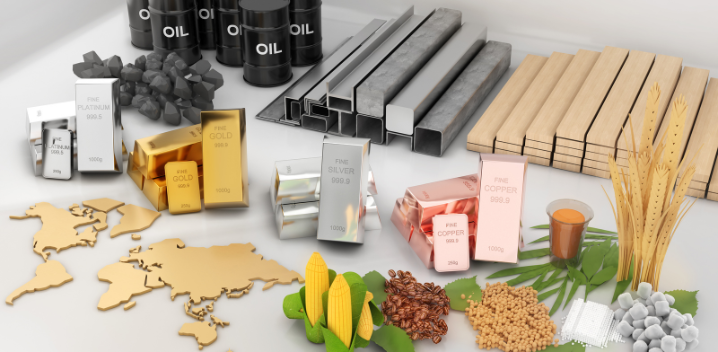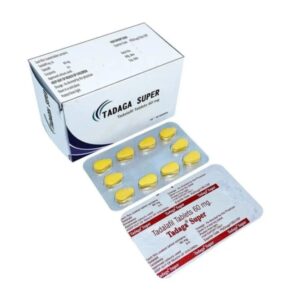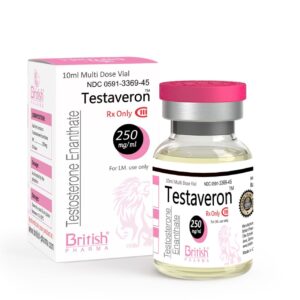Introduction to Petrochemical Trading
Petrochemicals are chemical products derived from petroleum and natural gas. They serve as essential building blocks for a wide range of industries, including plastics, textiles, automotive, pharmaceuticals, and agriculture. The petrochemical trading market is a dynamic and high-value segment of global trade, involving large-scale production, transportation, and distribution. Traders and investors in this market must navigate price volatility, supply chain complexities, and geopolitical risks.
Key Petrochemicals in Trading
Petrochemicals are typically categorized into two major groups: olefins and aromatics.
Olefins: These are primarily used in plastic production and include:
Ethylene: Used to manufacture polyethylene (PE), ethylene oxide, and ethylene glycol (for polyester production).
Propylene: A precursor for polypropylene (PP), propylene oxide, and acrylonitrile (used in synthetic fibers).
Butadiene: Essential for synthetic rubber, latex, and ABS plastics.
Aromatics: These are used in making resins, dyes, and synthetic fibers:
Benzene: Used in the production of styrene, phenol, and cyclohexane (for nylon production).
Toluene: Used as a solvent and precursor for TNT, benzene, and xylene.
Xylenes: Used in the production of PET (polyethylene terephthalate) for plastic bottles.
Petrochemical Market Dynamics
The petrochemical market is highly influenced by various global factors, including:
Crude Oil and Natural Gas Prices: Since petrochemicals are derived from crude oil and gas, fluctuations in energy prices directly impact production costs and product prices.
Supply and Demand: Demand is driven by industries such as packaging, automotive, and construction. A slowdown in any of these sectors can affect pricing and trade volumes.
Geopolitical Factors: Trade policies, tariffs, and international relations between major producers (like the U.S., China, and Middle Eastern countries) influence the flow of petrochemicals.
Technological Advancements: Innovations in refining and petrochemical processing can create efficiencies and affect market competitiveness.

Trading and Logistics of Petrochemicals
Petrochemical trading involves multiple steps:
Production & Refining: Petrochemicals are produced in refineries and petrochemical plants, often concentrated in oil-rich regions like the Middle East, the U.S. Gulf Coast, and Asia.
Storage & Transportation: Transported globally via pipelines, tankers, rail, and road. Storage facilities play a crucial role in price stabilization and inventory management.
Trading Hubs: Major petrochemical trading hubs include Houston, Rotterdam, Singapore, and Shanghai, where buyers and sellers engage in spot and contract-based transactions.
Pricing Mechanisms: Prices are determined by factors such as supply contracts, benchmark pricing (e.g., ICIS and Platts indices), and futures markets.
Challenges in Petrochemical Trading
Volatility in Prices: Driven by crude oil fluctuations and demand shifts.
Environmental Regulations: Increasing pressure for sustainable alternatives and lower carbon footprints.
Market Competition: High competition from regional producers and alternative materials.
Supply Chain Disruptions: Natural disasters, geopolitical conflicts, and trade restrictions can impact supply flows.

Future of Petrochemical Trading
The petrochemical industry is evolving with trends like:
Bio-based Alternatives: Bioplastics and renewable chemicals are gaining interest.
Circular Economy: Recycling and chemical upcycling technologies are reshaping the industry.
Digitalization: AI and blockchain are enhancing supply chain transparency and efficiency.
Green Energy Transition: Hydrogen and carbon capture technologies are influencing long-term strategies.
Conclusion
Petrochemical trading remains a vital sector in global commodities markets, influencing numerous industries. While challenges like price volatility and environmental concerns persist, innovations in technology and sustainability are shaping the future of this market. Traders must stay informed on geopolitical, economic, and regulatory changes to navigate this complex but lucrative industry successfully.
Our Products
-
Tadaga Super 60mg
$2.00 / Per Pill
-
Lovegra 100mg
$1.50 / Per Pill
-
Testosterone Enanthate
$240.00 / Per 10ml






